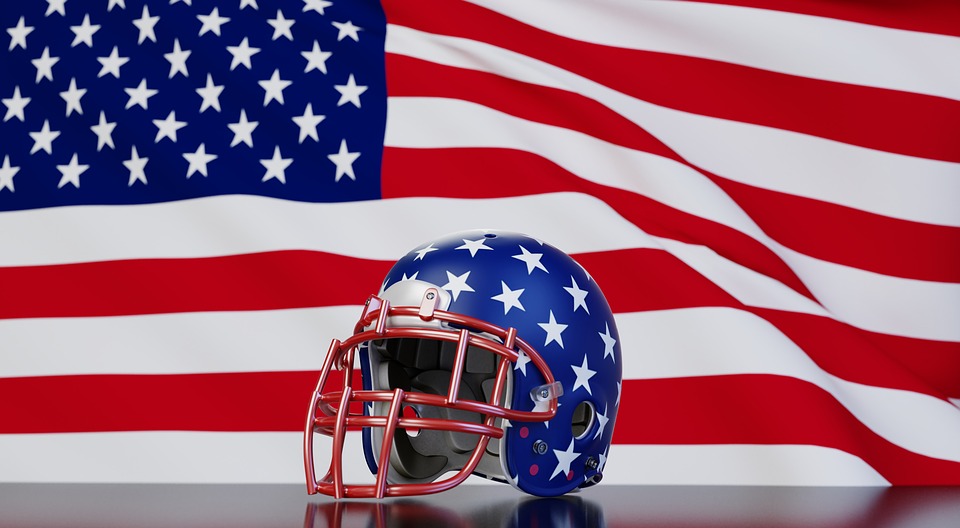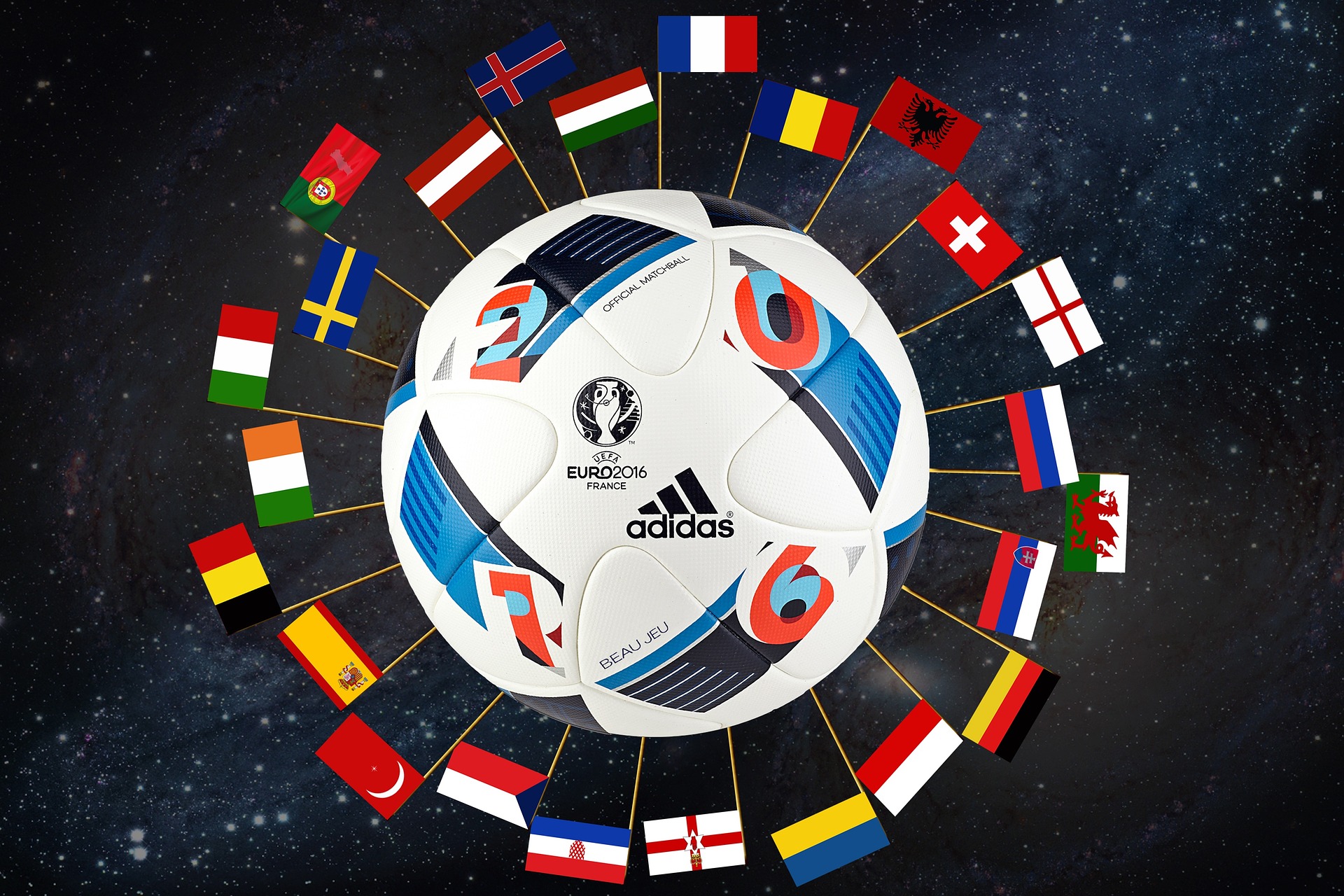When it comes to a sport as popular as the National Football League, it’s definitely true to say that the size of the fan base has a knock on effect on all kinds of other outcomes. As the way the odds are distributed at the best Indiana sportsbooks reveal, generally speaking it’s the case that the more fans a team has, the better they’ll do in terms of advertising and getting those all-important media exposure moments which earn them revenue – so it’s certainly a big deal.

There are an estimated 400 million fans around the world in this complex ecosystem of revenue, spectating and marketing – but it’s certainly not the case that all fans are distributed equally. The fan bases of top performing teams are often much larger than those of smaller teams, and the effects on the game can be quite profound. This article will explore which teams have some of the biggest and best fan bases, and why this is the case.
How does a team get popular?
Before looking at why certain NFL teams are more popular than others, it’s important to first look at why the hierarchy of popularity even exists in the first place. Perhaps the most obvious reason is because they’re successful in their own right. For teams which regularly come out on top in the league, such as the Philadelphia Eagles, the psychological need on the part of fans to be associated with the buzzing team of the moment is both obvious and irresistible. When all of a person’s work colleagues and other buddies can’t stop talking about a top team, it’s highly tempting to join in – leading to a network effect which grows fan bases exponentially and leads to higher advertising and media revenues for the teams in question.
But there are other reasons, too. Some teams have history on their side: for teams like the Chicago Bears, which has been in existence in some form or another since the 1920s but yet are still in the league, an inherited commitment to that team from parents or even grandparents can play a strong role.
Case study 1: Dallas Cowboys
There have even been mathematical formulae worked out to help people decide which fan bases are among the biggest and best – and according to one expert, the Dallas Cowboys are right up there among the most popular when measured by this metric. According to Michael Lewis, who is a professor, the Cowboys come top because of a combination of everything from attendance levels to the size of the club’s following on social media.
And the statistical model went further. Lewis also controlled, or took account of, several important caveats including immediate factors like whether or not a team had won or lost recently. He also took into account what he described as “road equity”, which is the level of support fans received while the teams were “on the road” playing away matches. And if you’re wondering who came last out of the 32 teams by this metric, the answer was unfortunately the Los Angeles Rams.
Case study 2: Chicago Bears
But this sort of statistical approach to the question is not always the most insightful way to work out the popularity of an NFL team. Sometimes, history is more important – and that’s more intangible. Take the example of the Chicago Bears. This team has been around since the days of its predecessor institution the Decatur Staleys in the 1920s, although it has evolved since then and changed its name. In a case like this, the fan base might not be able to be calculated to be as large as a team like the Rams (although, interestingly, the Bears were still in the top 25% of fanbase sizes in Lewis’ study). But the level of commitment and loyalty to a team which is so old that several generations of the same family have supported it cannot be understated – and it’s one that the Bears, with their heritage, are able to play on superbly.
As this article has shown, NFL teams can have fan bases of different sizes. From large teams such as the Dallas Cowboys, that do well in terms of fans out of their performance statistics, to teams which have a long and rich heritage that inspires loyalty at every turn, there are plenty of reasons why teams become so popular – and remain so.









